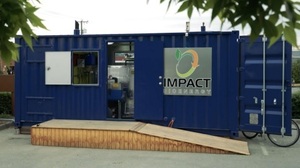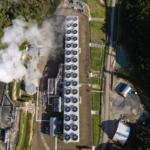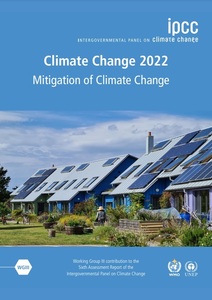Impact Bioenergy raises $3.6M Series A
Energy Disrupter
ADVERTISEMENT
Impact Bioenergy, a Seattle-based renewable energy company on Oct. 27 announced it has completed its Series A funding round in the amount of $3.6M. ITOCHU Corp., one of Japan’s leading general trading companies, is an anchor investor in the round, with several of Impact Bioenergy’s seed investors also participating. Impact Bioenergy builds and deploys community-scale systems that convert food waste into renewable natural gas, diverting food waste from landfills for productive reuse while also making a meaningful difference in reducing carbon emissions to reverse climate change.
The funding will enable Impact Bioenergy to scale manufacturing and to expand its offering to meet the strong demand the company is seeing in the wake of the Inflation Reduction Act of 2022 and increasing state-level activity legislating and incentivizing the reduction of food waste to landfills. Impact Bioenergy, which was founded in 2013 by Jan Allen, has already deployed over a dozen digesters in active operation across the country.
“Forty-percent of all the food produced in and imported into this country is never eaten. Food waste is being trucked, burned and buried at great expense and accounts for nearly 10% of our carbon emissions. Converting food waste to energy not only reduces transportation costs and fuel consumption but also generates electricity, heat and carbon offsets. Rarely does a technology come along that has so much positive impact with zero waste,” said Jan Allen, who built his first digester in 1979 while a student at Purdue University.
“We are all looking for actions we can take to have a positive impact on the climate right now,” said Tim Tiscornia, Impact Bioenergy’s President. “Our products do just that. We are already working with several college and corporate campuses. We are fielding calls every week from restaurant chains, grocery stores and others who want to make a meaningful impact on the environment by turning their organic waste into renewable natural gas and drive toward carbon neutrality.”
















